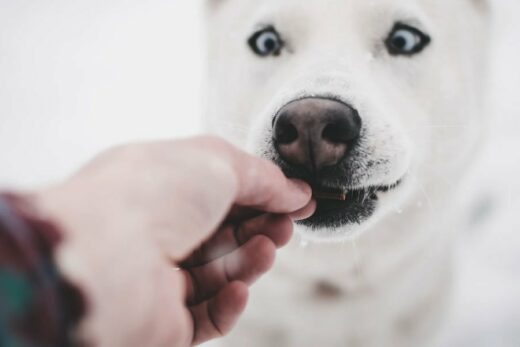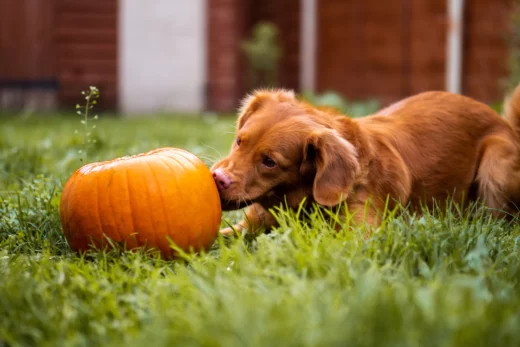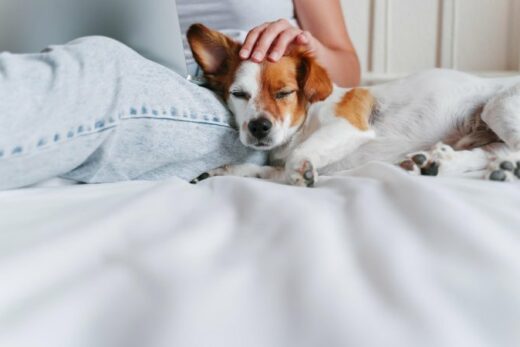Holiday decorating, baking, cooking, gift-giving, and spending quality time with pets, family, and friends can all be a wonderful part of making things merry and bright. Yet there are elements of these activities that can be harmful to and stressful for your pet. In this post, Basepaws offers some tips for keeping your pet safe, happy, and calm as you celebrate the season.
Decking the Halls Without Boughs of Holly
Holly is among the many popular holiday plants—including poinsettia, amaryllis, lilies, mistletoe, citrus plants, and even Christmas trees—that vary in toxicity to both dogs and cats. Lilies are particularly toxic to cats, as even a small amount ingested can cause kidney failure.
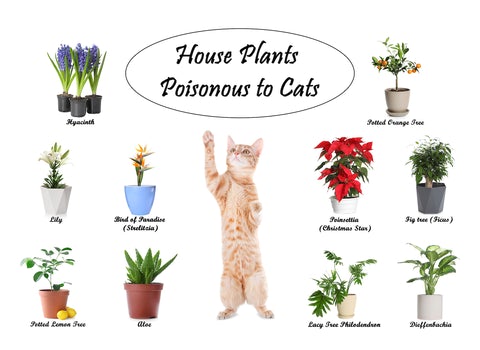
A safer bet is to exclude live versions of these plants and instead choose artificial substitutes that you can easily find at craft stores. If you choose to have a live Christmas tree, you can safeguard your pet by keeping tree needles picked up, covering tree stand water (which can harbor harmful bacteria and pesticides), and trimming lower boughs to keep them out of mouth’s reach. You might also consider putting a barrier around your tree so that your pet cannot access the area.
For more information, you can review the ASPCA Poisonous Plants list. This site also provides a printable list of toxic and non-toxic plants for dogs and cats, so that you can ensure that the plants in your house and garden are safe for your pet.
Eat, Drink, and Be Merry While Also Protecting Your Pet
One of the best parts of the holidays is the range of food and drink offerings. Hot chocolate, eggnog, candy, and baked goods can be a delightful treat for humans, yet dangerous and toxic to pets. Ingredients typical of many holiday dinners, such as garlic, onions, dairy products, and nuts are also harmful to cats and dogs and should be kept well out of paws’ reach.
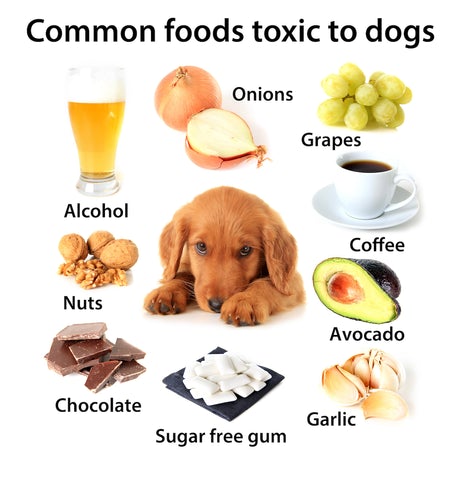
The best practice is not to share human food with pets. Medications should also be safely stowed in a cabinet that cannot be accessed by your pet. Visit the ASPCA People Foods to Avoid Feeding Your Pets page or the ASPCA Top 10 Pet Toxins page for more information. If you think that your pet ingested food or medication that they shouldn’t, contact a veterinarian right away. You can also call ASPCA Poison Control at (888) 426-4435 or the Animal Control Center’s Pet Poison Helpline at (800) 213-6680.
All That Glitters and Glows
Candles, cheerful lights, tree ornaments, and other holiday decorations help create a warm and festive atmosphere in and around our homes. A few pet-friendly considerations while decorating include:


